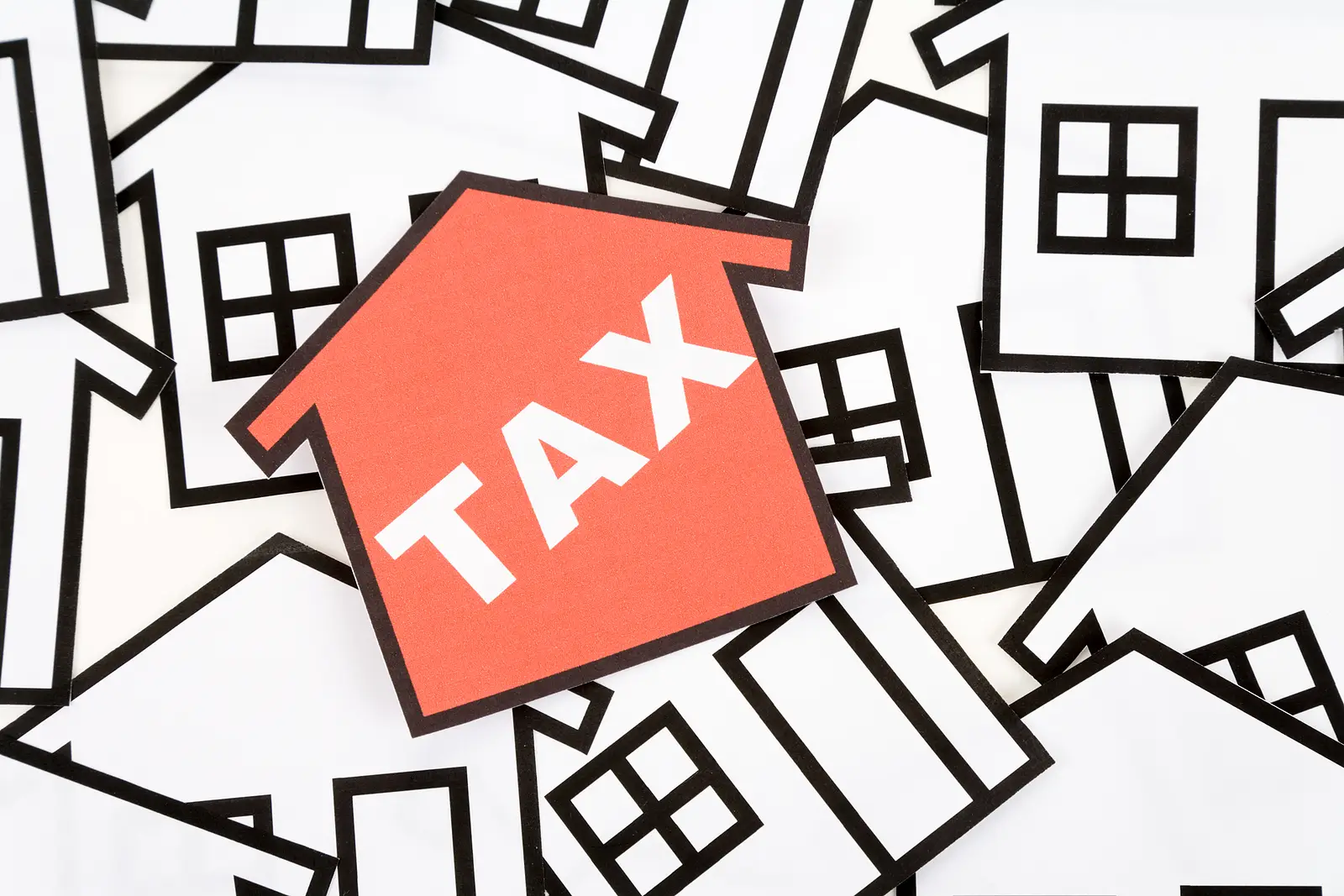Investing in Kansas City real estate can be a powerful way to build wealth, generate rental income, and diversify your portfolio. However, it’s essential to understand the tax implications that come with real estate investing before you invest in property ownership. The tax structure is filled with opportunities but also pitfalls, from property tax bills to depreciation deductions.
Understanding Property Tax in Kansas City
Property taxes are one of the most significant ongoing expenses you'll encounter as a real estate investor. These taxes are based on your property’s assessed value and vary across different counties and cities in the Kansas City metro area. The tax bill you receive will include various tax types such as school district levies, county commissioner rates, and city-based charges.
Kansas City spans both Kansas and Missouri, and each side has different tax rates, eligibility requirements for exemptions, and methods for determining the assessed value. Missouri properties may benefit from certain tax exemptions not available in Kansas, while Kansas counties often impose higher mill levies.
You can usually pay your property tax in two installments, one by December and the other by May of the following year. Late payments may be subject to interest and additional fees.
Rental Income and Real Estate Taxes
Any rental income you earn from your Kansas City investment property is considered taxable income.
This includes:
Monthly rent payments
Late payment fees
Pet rent or service-related charges
Your tax year will determine when you need to report these earnings to the Internal Revenue Service (IRS). Rental income is subject to federal taxes and may also be taxed at the state level, depending on whether your property is on the Kansas or Missouri side.
Keep in mind that if your mortgage company collects property tax through a trust account, that payment doesn’t relieve you of the responsibility of ensuring your tax bill is paid on time.
Deductions and Depreciation
One of the most effective ways to reduce your real estate taxes is by taking full advantage of deductions. Many expenses related to property ownership and operation can be deducted.
Including:
Maintenance and repairs
Mortgage interest
Insurance premiums
Property management services
Legal and professional services
Depreciation is another powerful tax tool. The IRS allows you to depreciate the structure of your property over a 27.5-year period for residential real estate. This means you can deduct a portion of the property’s value each tax year, even if the property's market value increases.
Depreciation recapture rules may apply when selling your house. This means a portion of your deductions could be taxed as ordinary income.
Capital Gains and the Sale of Property
When you sell your Kansas City investment property, any profit made from the sale may be subject to capital gains tax. If you held the asset for over a year, you’ll pay long-term capital gains tax, which is often lower than ordinary income tax.
You can defer or reduce your taxes by using:
A 1031 Exchange, where you reinvest proceeds into another property
Investing in Opportunity Zones in designated cities to delay tax liability
Tax Strategies and Business Structure
Depending on the scale of your investments, you may operate as an individual, LLC, or S-Corp. Structuring your real estate portfolio as a business can provide tax benefits and protection from liability. However, it also brings additional recordkeeping and IRS reporting responsibilities.
Some small businesses in Kansas may qualify for specific exemptions, deductions, or local tax credits. Be sure to check with a tax professional to see what applies to your property type and location.
Tax Year Planning and Documentation
Your tax year planning starts the moment you purchase your first rental property. Keeping accurate records of your account number, payments, and any expenses is essential for filing your taxes accurately.
Each tax bill should be stored for your records, including itemized expenses, payments made through your mortgage escrow account, and documents from your property management company. These records will be vital if the IRS audits your return or if you need to confirm payment with your county treasurer.
Let Oz Accommodations Help You Navigate Real Estate Taxes
At Oz Accommodations, we go beyond traditional property management. We help property owners like you stay ahead of real estate tax issues through proactive planning, organized recordkeeping, and experienced guidance. Whether you're expanding your portfolio or purchasing your first residential investment, understanding your tax obligations is key to long-term success.
Don’t let a surprise tax bill affect your return on investment. Let us help you make smart, tax-efficient choices for your Kansas City properties.
Contact us today to learn more about how we can support your investment journey.
Frequently Asked Questions: Real Estate Taxes in Kansas City
1. When is the property tax bill due in Kansas City?
Property taxes are usually due in two installments. In most counties, the first half is due by December 20 and the second by May 10 of the following year.
2. What are the consequences of late property tax payments?
Late payments are subject to interest and penalty fees. Unpaid taxes can also result in a charge against your property or even foreclosure in severe cases.
3. How do I know what I owe in real estate taxes?
Your county will issue a property tax bill annually, which outlines the tax type, amount owed, and account number. You can also contact your local tax office or access the information online.
4. Can I deduct property taxes on my federal return?
Yes, property taxes may be deductible on your federal tax return, subject to IRS limits. Be sure to track your payments and consult a tax advisor to see what qualifies.
5. Does the school district I invest in affect my taxes?
Yes, each school district regulates its tax rate, which can significantly impact your total bill. Cities and counties may also apply additional rates, so always research the area thoroughly before buying.


